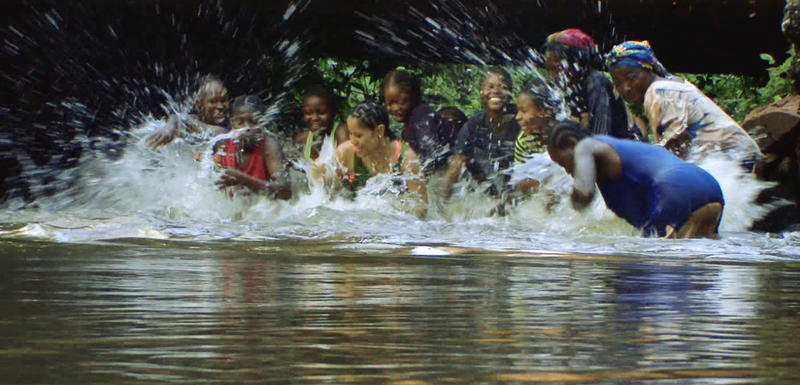For those in the western world, native African music is particularly challenging to digest. Between mainstream radio stations perpetuating the popularity of western music, as well as the relationship between global musical dialects becoming progressively more complex (i.e. the increase in cross-genre blending and native music dilution), how we understand music in the west is starkly different from that of the eastern world, let alone Africa. Additionally, with the increasing influence of technology in western music, sample-based music has caused for the gentrification of many regionally guarded, culturally protected music, such as that of Southeast Asia and Africa. While African music has had a profound influence on the western world, there has historically been very little for the public to consume in the mainstream, as well as ample opportunities to understand its complexities and contrasts to that of other parts of the world. A prime example of the shining polarization between western and African music is the music of the Baka forest people in Central Africa (Cameroon and Gabon).

Where in the west, we understand music to traditionally be played via instrument, the Baka people utilize nature, specifically the water, to engage and create complex percussive rhythms called Liquindi (shown above). Ghanaian ethnomusicologist, Victor Kofi Agawu, categorized African music saying, “The use of repetition as an organizing principle; the importance of drumming; and the constancy of music making: these are all well-known aspects of African music”. It is important to understand how rhythm is emphasized in African music, comparatively to the emphasis of melodic content in the west. For the Baka people, the art of Liquidi is purely rhythmic, as the music emphasizes various percussive tones created when slapping the water.
Given the location of the Baka tribes, most villages occupy remote areas of the Cameroon rainforest. That said, the relationship between the environment for the Baka people is far more integral to their everyday lives. In terms of music, the Liquidi music involves standing in a circle or line in a shallow body of water. When in the water, the members then use their palms or fists to strike the water inwards, creating a pocket of resonance, therein resulting in a percussive tone to be heard. The performers feed off of each other’s energy, and their vivacity is exemplary of the rhythms that they create – enchanting and rich. Additionally, each group can consist of a lead singer and chorus singers depending on the size. Also, depending on the technique of the strike, as well as physique, each member can create a completely different tone from one another. Just as we hear differences in playstyles between western bands using similar instruments, the Baka Liquindi groups can innately have a different sound solely based on the hand size of each member, aside from their treatment of rhythm and musical structure.
Many westerners may consider the act of hitting water beyond the realm of “music”. However, for the Baka people, this way of interacting with the world around them is crucial in preserving the culture of Cameroonian villages.
The music itself is additive, as in each member adds on to the previous rhythm created. As mentioned earlier, the groups also consist of a lead singer and accompanying chorus singers. What makes Baka Liquindi unique by nature is that it is meant to be performed by women hunters before a hunt. Due to low labor in Central African cities, it is hypothesized that the men traditionally perform labor jobs while the women hunt and snare for the sake of productivity. In African music culture, drumming is traditionally left for the man, and if women are included to perform, their parts are typically played on smaller drums. In addition, the performances themselves strictly take place before the sun rises, in order to not disturb any spirits.
All in all, 21st Century western music is materialistic and vastly self-aggrandizing by nature. As a western listener, it can be easy to write off music that does not exist within the sphere of record labels or commercialization. However, what the Baka people have been able to prove over the course of history is that music is a part of us. We forget that music is in the walk that we take to the park, or in the rain during a torrential downpour. Baka Liquindi shows us that our relationship with music and nature is conjoined, and that our definition of music in the west expands far beyond “man and instrument”.